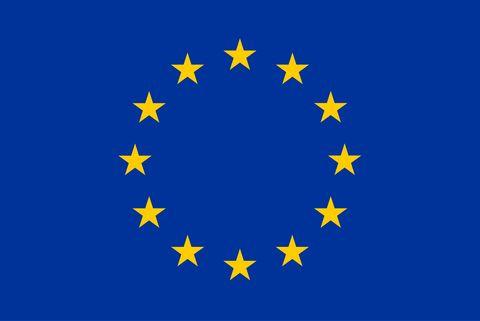
Future networks became a central topic with a major debate concerning whether moving towards the new networked society will be evolutionary or disruptive. In the future networked society, the physical and digital worlds will merge based on the massive usage of wireless sensor networks. Objects will be able to identify and locate themselves and to communicate through radio interfaces. Self-organized edge networks will become more and more common.
Virtualization and programmability will allow for providing different networking environments over the same infrastructure. Autonomic networking will deal with the increasing complexity of I&C systems. End-user empowerment will increase with their capacity of providing services and content.
This new environment forces the scientific community to develop new principles and methods to design/dimension/control/manage future multi-technology architectures. The new paradigms raise new challenging scientific and technological problems embedded in complex policy, governance, and worldwide standards issues. Dealing with the diversity of these scientific and socio-economic challenges requires the integration of a wide range of research capacities; a role that Euro-NF will fulfill.
Indeed, Euro-NF extends, in scope and duration, the successful Euro-NGI/FGI NoE that has integrated the required critical mass on the networks of the future and is now a major worldwide player in this area. The consortium has evolved in order to have an optimal coverage of the new scope.
Euro-NF will therefore cover the integration of a wide range of European research capacities, including researchers and research and dissemination activities. As such Euro-NF will continue to develop as a prominent European center of excellence in Future networks design and engineering, acting as a "Collective Intelligence Think Tank", representing a major support for the European Society leading towards a European leadership in this area.
| Principal Investigator(s) at the University | Prof. Dr. Hermann de Meer (Lehrstuhl für Informatik mit Schwerpunkt Rechnernetze und Rechnerkommunikation) |
|---|---|
| Project period | 01.08.2008 - 31.01.2013 |
| Source of funding |

Europäische Union (EU) > EU - 7. Forschungsrahmenprogramm (7. FRP)
|
| Projektnummer | 216366 |
This publication material is presented to ensure timely dissemination of scholarly and technical work. Copyright and all rights therein are retained by authors or by other copyright holders. All persons copying this information are expected to adhere to the terms and constraints invoked by each author's copyright. In most cases, these works may not be reposted without the explicit permission of the copyright holder.
Please see our chair's publication database for further publications and abstracts as well as for advanced search and filtering capabilities.